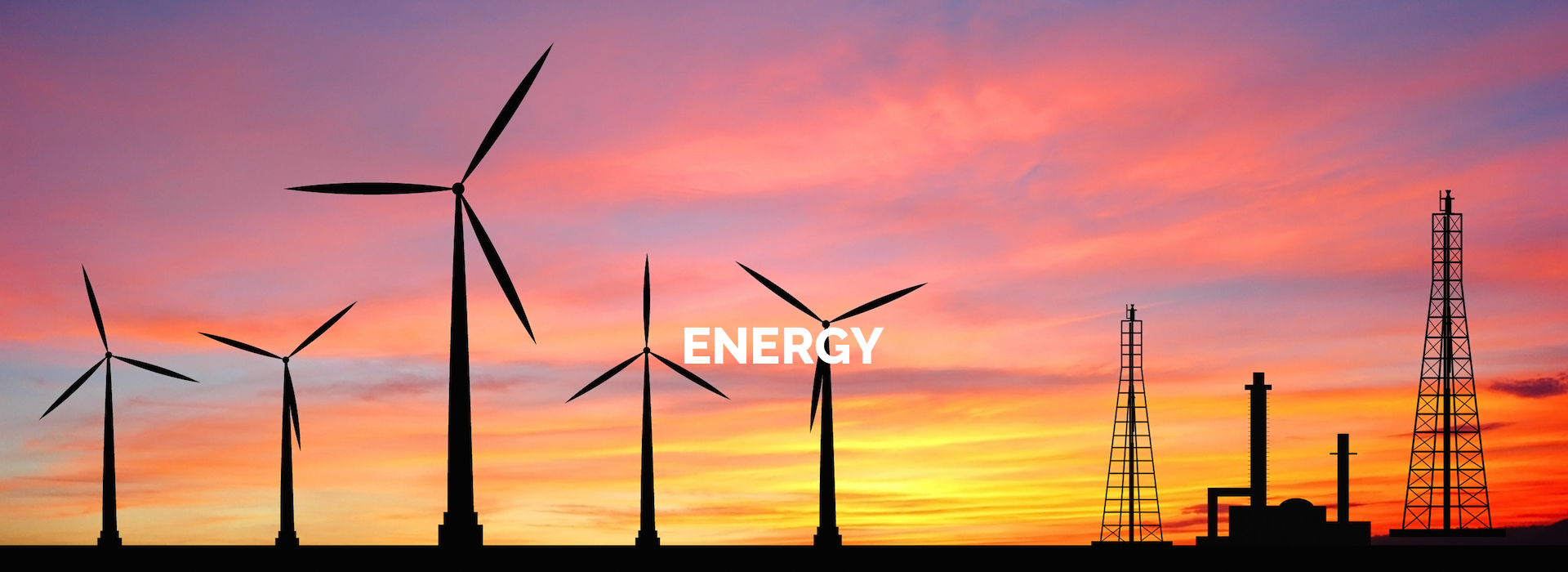In today’s talking points: China Develops New Battery to Store Renewable Energy; Australia Moves Toward A New Energy Policy After a Decade of Indecision; China April aluminium, steel exports rise, defying US tariffs; Australia to invest AU$260 million in GPS tech
China Develops New Battery to Store Renewable Energy
China’s state government has continued to meet its renewable energy targets with Chinese scientists developing a new lead carbon that will be used to store power generated from solar panels and windmills. The scientists who developed the battery have claimed that when used with renewable sources, the energy supply provided is highly stable – a common problem with previous storage methods. A pilot system using the battery was trialled at the Dalian Institute of Chemical Physics, pairing the battery with streetlights which use solar power as a power source. The scientists claim that a fully charged battery can power one of the streetlights for more than 23 hours. Previous problems with storage systems stem from the fact that power generated by renewable sources are not stable, making it difficult to regulate. The new battery can ensure a stable output of electricity, showing a 100% recharge rate and safety performance.
Read more on The Economic Times
Australia Moves Toward A New Energy Policy After a Decade of Indecision
Australia may finally pass its contentious National Energy Guarantee by August, after winning backing from states and territories. The coalition government hopes the new energy policy will end a decade of policy indecision and boost their favourability with the public. Energy ministers from all of Australia’s states and territories signed a preliminary deal backing the scheme in mid-April after long and difficult negotiations. The guarantee has attracted support from many influential lobbying groups and corporations, including BHP Billiton, however it still faces the task of winning unanimous political backing. The new policy will reduce 2005 emission levels by 26% by 2030 – seen by some state governments as too modest a target. This combined with the Turnbull government’s refusal to set renewable power targets as part of the deal has delayed negotiations.
Read more on Bloomberg
China April aluminium, steel exports rise, defying US tariffs
US’s sanctions on Russia’s Rusal, the second largest aluminium producer caused London Metal Exchange aluminum prices to rise 12.5 percent due to shortage supply fears.
China’s aluminum exports grew higher in April despite US import tariffs as US sanctions on Rusal has encouraged higher prices for Chinese firms. This has also been true for Steel exports, which has been at their highest since August 2017. Exports of steel products in particular has risen 14.7 percent to 6.48 million tons in April. The united states currently account for around 14 per cent of Chinese aluminum exports and 1% of Chinese steel exports.
Read more on Business Times
Australia to invest AU$260 million in GPS tech
The Turnbull Government promises investment in the global positioning system (GPS) technology will “create jobs and support Australian industry”. Senator Hon Matt Canavan said the government is investing over $260 million to develop the technology. He believes” More accurate GPS will improve productivity by allowing new technology to be created and used across the economy. Growing Australia’s digital economy will also benefit developed sectors such as mining, transport, construction, aviation and agriculture.”
Read more on Space Tech Asia

